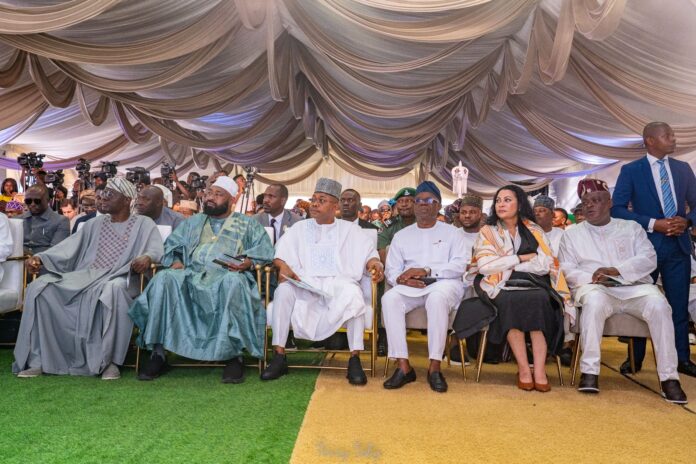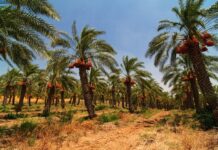The Federal Government has thrown its full weight behind the launch of the ₦500 billion Offtake Guarantee Fund and the Produce for Lagos Programme, describing the twin initiatives as timely instruments that will accelerate food security and economic resilience in line with President Bola Tinubu’s Renewed Hope Agenda.
Speaking at the groundbreaking ceremony in Lagos, the Honourable Minister of Finance and Coordinating Minister of the Economy, Mr. Wale Edun—represented by the Minister of State for Finance, Dr. Doris Uzoka-Anite—praised the initiative as a model of collaborative governance and public-private synergy.
“The programme aligns squarely with the Renewed Hope Agenda, where agriculture is not only a foundation but a forward-looking pillar of our national development framework,” Edun said.
He noted that the Offtake Guarantee Fund, with its ₦500 billion backing, will reduce the risks typically associated with agricultural investments, provide price certainty for producers, and improve confidence among stakeholders across the value chain—from farmers to investors.
“It tells every farmer that their sweat will be matched with sustainability. Every agribusiness that their risks will be reduced. Every investor that agriculture is bankable, investable, and scalable,” the Minister added.
The “Produce for Lagos” initiative is designed to ensure the state can feed itself while strengthening inter-state agricultural trade and cooperation. The programme also highlights the productive potential of Nigeria’s vast human and natural resources and supports inclusive growth across regional economies.
In addition to this new programme, Edun reiterated the Federal Government’s broader agricultural transformation strategy, which includes initiatives such as the National Agricultural Growth Scheme and Agro-Pocket Programme (NAGS-AP), the Presidential Initiative on Compressed Natural Gas (CNG), and the Special Agro-Industrial Processing Zones (SAPZs).
He also referenced Nigeria’s strategic $1 billion partnership with the Government of Brazil under the Green Imperative Project, which will see the delivery of 10,000 tractors, farm equipment, and agro-processing tools aimed at modernising Nigeria’s agricultural landscape.
Commending the Lagos State Government and project stakeholders, Edun urged continued collaboration among states, the private sector, and development partners to drive sustainable growth.
“Let this be a call to action for all stakeholders to join hands in building a future where Lagos feeds itself—and contributes meaningfully to national food sufficiency,” he concluded.














